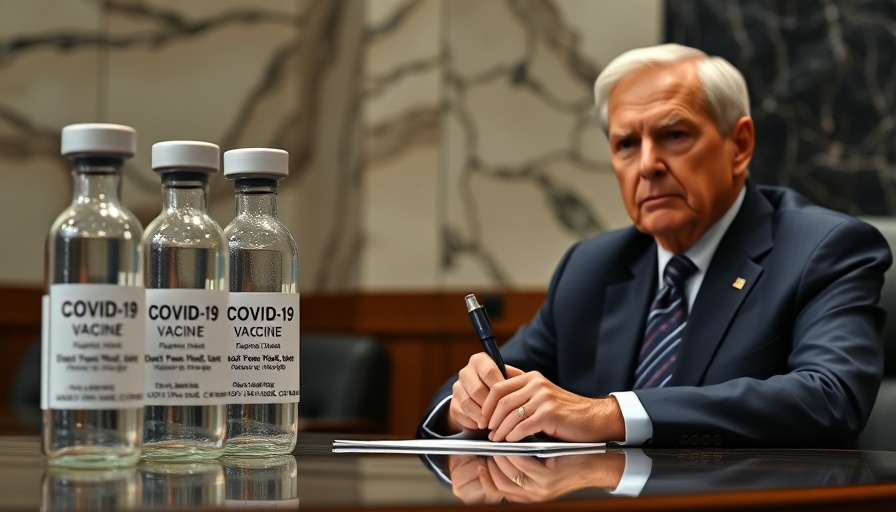
Understanding Digestive Discomfort: A Call for Awareness
Over half of Americans—51%—unwittingly believe that digestive issues like bloating, gas, and abdominal discomfort are just part of daily life, a widespread misunderstanding that could have serious health implications. According to a national survey by Censuswide, these silent signals of distress may be indicative of more severe underlying conditions, potentially leading to chronic health issues.
Survey Insights: What Americans Think About Their Gut Health
In a recent study that surveyed 2,000 adults, a staggering 44% reported experiencing discomfort within two hours after eating, yet a significant number had never even heard of conditions like Small Intestinal Bacterial Overgrowth (SIBO). This disconnect highlights a concerning trend: individuals suffering from digestive disturbances often attribute them to normal aging or dietary choices, ignoring the possibility of a more complex condition.
Myths and Misconceptions: Why Are We Normalizing Digestive Issues?
Many people assume that feelings of discomfort after meals are to be expected. We're often told by friends and family, or even medical professionals, that bloating and gas are just part of life. However, this mindset can lead to health complications that remain undiagnosed. Alarmingly, research indicates that two-thirds of those afflicted with IBS—irritable bowel syndrome—have undiagnosed SIBO as a possible cause.
The Importance of Proper Diagnosis: What You Should Know
Misdiagnosis is a prevalent issue in the realm of digestive health. The survey showed that 41% of patients diagnosed with IBS were not presented with SIBO as a potential cause by their healthcare providers. This lack of awareness can delay effective treatment and worsen the condition, contributing to a cycle of ongoing discomfort and frustration.
Addressing the Underlying Problems: Shifting the Narrative on Treatment
To truly address these persistent symptoms, it’s crucial to focus on the root causes rather than just treating the symptoms with antibiotics or over-the-counter relief. Many experts now recommend initially adjusting diet and lifestyle. This may include temporarily avoiding fiber and complex carbohydrates, while focusing on foods like white rice and fruit that are easier to digest during recovery.
Actionable Insights: What Steps Can You Take for Improvement?
If you find yourself experiencing regular gut discomfort, consider taking a few proactive steps:
- Keep a food diary to identify potential triggers and patterns related to your digestive discomfort.
- Consult with a healthcare professional about the possibility of SIBO, especially if you have chronic IBS symptoms.
- Explore dietary modifications, ensuring to prioritize gut-friendly foods.
- Look into holistic treatments that may better suit your digestive health needs.
Emotional and Human Perspectives: Real Stories, Real Challenges
Many individuals experience feelings of isolation when dealing with persistent gut issues. Stories abound of people who have struggled for years without finding relief, only to realize they are not alone. This shared experience can foster a stronger community, encouraging open discussions about gut health and the importance of prioritizing one’s digestive wellbeing.
A Brighter Future: Reversing the Trend of Ignored Symptoms
As more Americans become educated about gut health, there is hope that this trend of normalizing discomfort will shift. The call for increased awareness can lead to better understanding, more accurate diagnoses, and healthier lifestyles. Remember, your gut feelings matter and that awareness is the first step towards healing.
Ultimately, health is more than just the absence of disease; it’s about thriving. By acknowledging and addressing digestive discomfort rather than normalizing it, we take the first step towards a healthier future.
Have you ever brushed off your digestive discomfort? It might be time to seek help and understand what your body is trying to communicate. Start the journey today towards better gut health!
 Add Row
Add Row  Add
Add 



Write A Comment